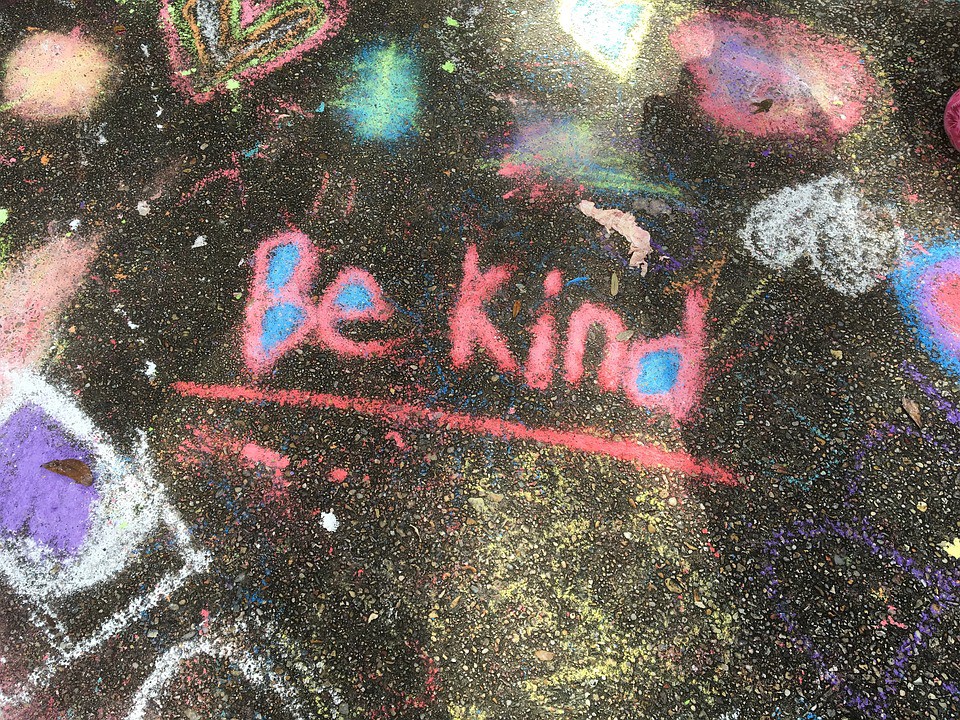My wife texted me the link to an article in The Atlantic called Masters of Love. The subheading read, “Science says lasting relationships come down to — you guessed it — kindness and generosity.” Below the link was her bitmoji drawing a heart. I texted her back a thank you, that I was looking forward to reading it after I finished my client meetings, and that she looked cute (she had changed her bitmoji outfit).

It was a great article summarizing over four decades of research on couples. This research started in the 70’s when the alarming divorce rate gained public attention. I am sure you won’t be surprised to hear that it hasn’t changed much since then. Estimated percentages of divorces vary but most sources agree the current divorce rate for first marriages remains at approximately 40–50% with second and third marriages ending at a higher rate. Why don’t or can’t couples stay together? And…what is happening to their children?
I went for a run and pondered parts of the article that spoke to me. Couples apparently look for ways to connect, which is referred to as putting out “bids.” People then either “turn toward” or “turn away” from their partner’s bid. This behavior — turning toward and connecting, or turning away and dismissing or ignoring — not only makes a huge difference in the health and well-being of a relationship, but is also predicts whether couples stay together. Get this — Dr. Gottman, head of the Love Lab where this research was conducted, can predict with up to 94% accuracy whether couples will be together (or not) and happy (or not) several years later by observing their interactions! Are we humans that predictable?
As I ran, I had several thoughts. First, I thought of all of the therapeutic programs I have worked over the years where we taught “social skills” to kids by talking to them about the elements of friendship. We spent hours teaching and discussing things like: How do you know who is a friend and who isn’t? What characteristics do you look for in a friend? How do you show someone you care about them? What do you do when someone has hurt your feelings? When should you forgive someone and when should your realize they are not good for you? These questions and skills seemed so basic — yet, these basic skills seem to be related to picking your partner, lasting relationships, and happiness. Shouldn’t we be teaching this stuff to all kids?
I also became keenly aware that kids learn how to be in relationships by watching their parents relate to each other, as well as with their parent’s other significant relationships. Arguing itself is not bad, but how parents argue makes a difference. It is about how parents talk to each other — mean, dismissive, sarcastic, or attempts at kindness and compassion — even when upset. Do they apologize or not? I took a quick inventory of my marriage and started asking important questions. Do I turn in or turn away? How do I communicate when I am mad? Do I show caring about my wife’s accomplishments, small and large, or do I focus on my own? Am I kind enough? I then immediately thought of my kids. What do they see? What do we model for them?
If almost half of first marriages end in divorce, think how many of those that stay together do so out of obligation or not having other options, and are not happy? I became sad and angry. Why hasn’t the divorce rate changed? Why haven’t we done anything differently? Kids of divorce are getting divorced. How do we change this cycle?
I found myself running much faster than usual as I was thinking about all this, being driven by emotion. It can’t be that hard! Why can’t people by kind?! What do we have to do to raise kind children who grow up to be kind adults in loving relationships who show their children how to be kind? It became clear to me that it all starts in our homes.
It’s still January so I am putting out more new years intentions for me, and for all of you.
· Show kindness and compassion to everyone you interact with — friends, family, and strangers
· Teach your children about what it means to be kind and compassionate. Give them examples. Tell them stories from your day about yourself or others being kind
· Be kind to your partner. Be kind to your kids. Be kind to yourself.
· Don’t settle for being mistreated. If you are not in a healthy situation, do something about it. Take action.
· Commit to being in healthy relationships where you care for your partner and your partner cares for you
· “Turn in” to your partner as the small things often matter more than the big things
Anyone can be kind. Anyone can practice being kind. Anyone can be taught to be kind. Show it to others and expect it from others. Show your kids what it looks like to be in a loving relationship. It starts in our homes.
My wife just went to the store in the dumping rain to get food for the week. I am watching the football playoffs, and folding the stacks of laundry. I am trying to turn in and show kindness and generosity. You can do it too. You will benefit and so will your children — now and in their future.

Originally published at medium.com


